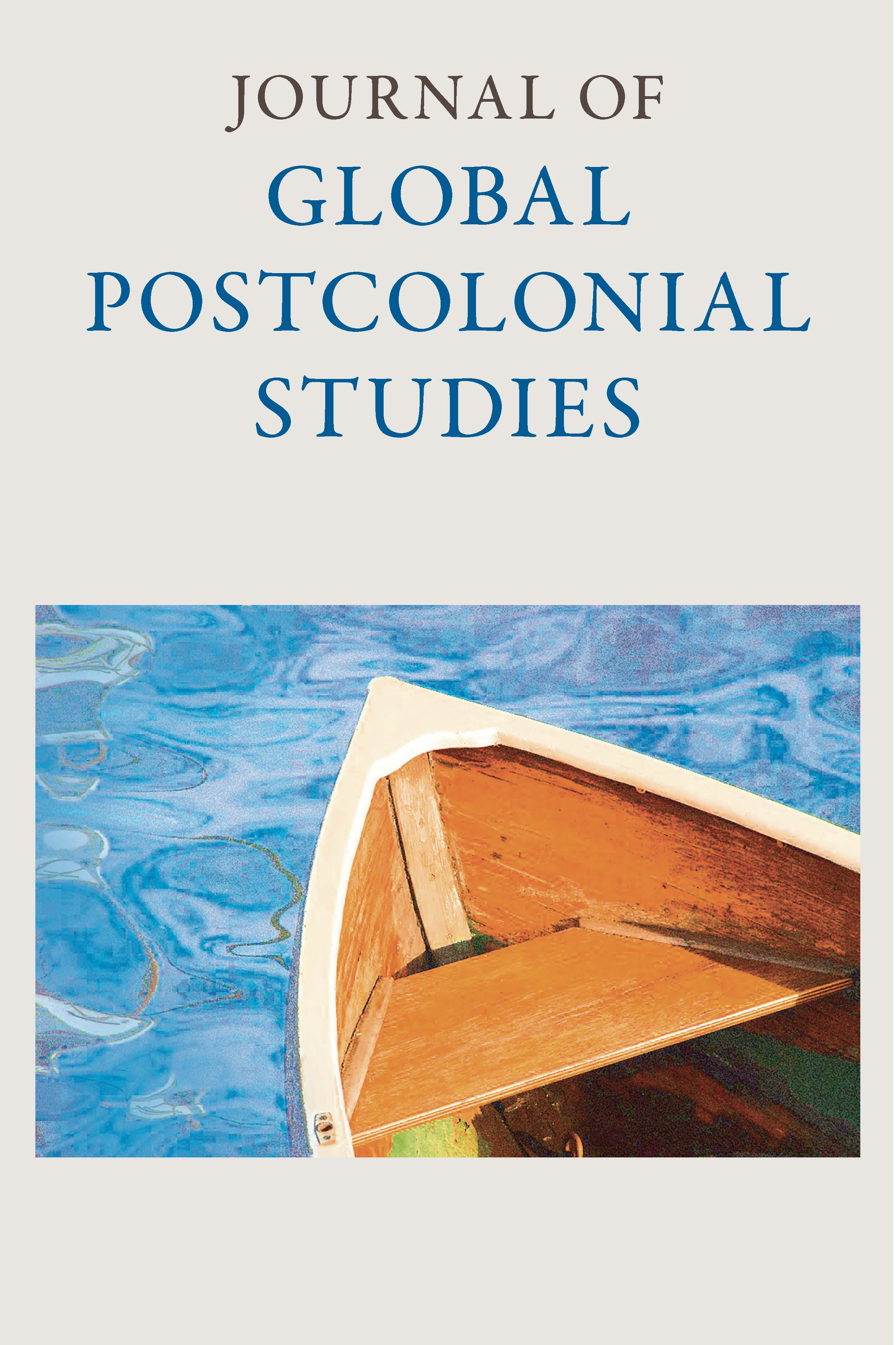The People Don’t Give Up! Afrodiasporic Social Movements in Buenaventura, Colombia and the 2017 Paro Cívico
Main Article Content
Abstract
In 2017 images of demonstrations, riot police, and tanks filled social media worldwide. Most of the videos and media coverage reported on the first wave of #BlackLivesMatter uprisings were catalyzed by police brutality in Ferguson, New York, and Baltimore. In June of that year, similar footage came from Buenaventura, on the Pacific coast of Colombia. This predominantly Afro-descendantpo rt city is responsible for the transit of about 60 percent of the country’s commerce, while unemployment and inequality are rampant, and the infrastructure is on the brink of collapse. The affected local communities responded to these conditions of structural racism with a direct action named Paro Civico: a general strike planned for years by a coalition of grass-rootsAfro-Colombi an organizations demanding clean drinking water, health care, education, and policies to combat drug trafficking-related violence. Resisting police attacks while negotiating with a high-ranked delegation from the Colombian government, the months-long general strike achieved the majority of its goals and, most importantly, galvanized the momentum into the election of one of the movement’s leaders as mayor of Buenaventura. However, the leaders of the Paro Cívico’s Executive Committee have been emphatic in naming this a multiethnic movement and rejecting any specific racial discourses as organizing guiding principles for the direct action. In addition to contextualizing Paro Cívico, this article uses Tianna Paschel’s concept of “organizing while black,” to explain this omission in a racial context determined by the politics of mestizaje in Colombia. It also explains how Paro Cívico strategically exhibited the political power of the communities of the African diaspora without verbalizing it, becoming one of multiple factors that ushered in a new chapter of racial politics in the nation.

